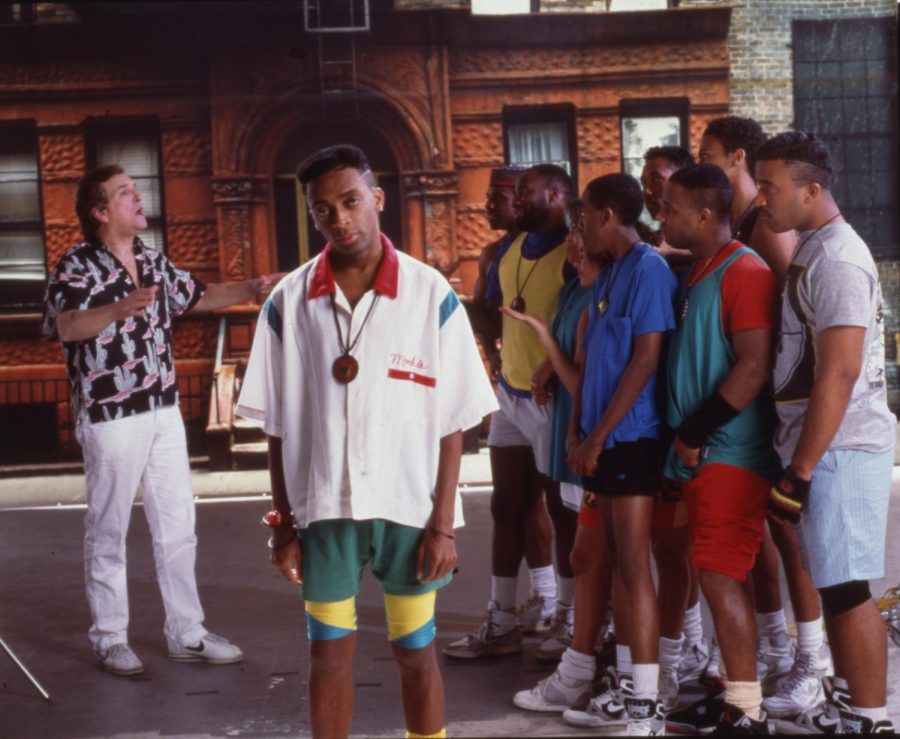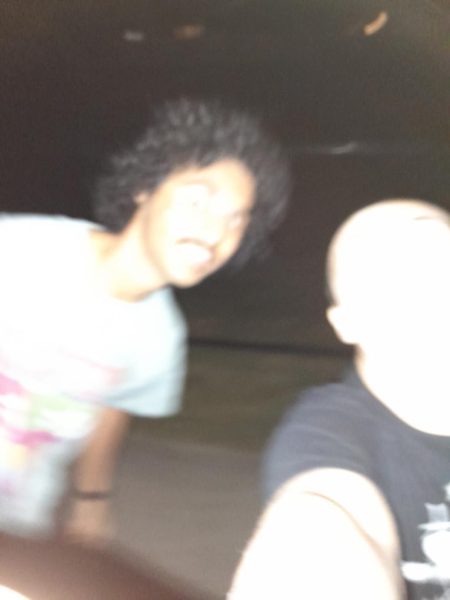Celebrating Black History Month Through Film
February 5, 2023
As February is now upon us, the month of Valentine’s has entered, accompanied by the celebration of African American culture through the yearly Black History Month occasion. One of the mediums that have been utilized throughout (recent) history to empower African Americans and bring their culture to the light has been film. Historically, African Americans have been displayed in a racist light as a result of movie tropes, stereotypes, and even the emergence of the ‘‘blaxploitation’’ genre in the 70s. To combat this, many African American actors and filmmakers have put efforts into rebuilding the view that has been corrupted by previous works and use the opportunity to create films to send strong messages of empowerment, anti-violence, and other similar sentiments to attempt to fix some of the issues the community is facing. This has allowed for the creation of several movies that the film culture has embraced and recognized as some of the greatest films of all time. I will be listing 5 that everyone should take the time to view, either out of enjoyment or intending to possibly learn something that can stick to you for life.
‘‘Sorry to Bother You’’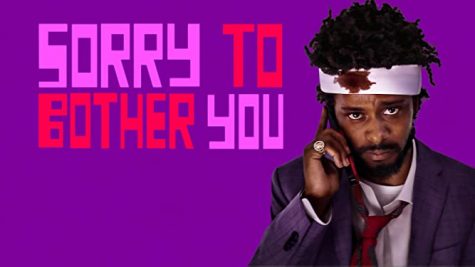
‘’Sorry to Bother You’’ is a blindside of a movie. Directed by Boots Riley and starring LaKeith Standfield and Tessa Thompson, it is an innovative cinematic display (within the realm of ‘‘The Men Who Stare at Goats’’) tackling the issues of race conflict, namely among the black and white communities. Through the eyes of telemarketer Cassius Green, the audience is taken through a junction of absurdist humor mixed in with social commentary, dark elements, and plain originality all in front of the backdrop of a modern-day satire, which is a role Stanfield was built for. There is no explaining the movie in a way that does it justice, so I highly recommend giving this a watch if you are looking for a slightly more experimental film to view.
‘‘Soul’’
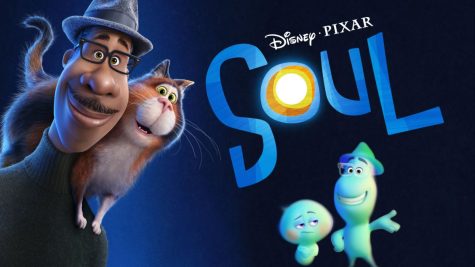 ‘‘Soul’’ is one of the only modern Pixar movies which rightfully deserves the title of ‘‘modern classic’’, as it is possibly the best exemplification of African American culture (especially through music) from one of the bigger animation studios (the only other one coming to mind is ‘‘Princess and the Frog’’, also made by Disney). Directed by Pete Docter and starring Jamie Foxx as Joe Gardner, the film tackles themes of death, the afterlife, acceptance, and gratitude for the life you have. Reminiscent of movies like ‘‘Inside Out’’ and ‘‘Coco’’, ‘‘Soul’’ puts its spin by adding jazz elements (as Joe is a jazz musician), making this movie slightly more enjoyable for fans of music than the aforementioned films. For those who doubt Pixar’s abilities to compete with previous films like ‘‘Toy Story’’ or ‘‘Monsters Inc.’’, this comes pretty close.
‘‘Soul’’ is one of the only modern Pixar movies which rightfully deserves the title of ‘‘modern classic’’, as it is possibly the best exemplification of African American culture (especially through music) from one of the bigger animation studios (the only other one coming to mind is ‘‘Princess and the Frog’’, also made by Disney). Directed by Pete Docter and starring Jamie Foxx as Joe Gardner, the film tackles themes of death, the afterlife, acceptance, and gratitude for the life you have. Reminiscent of movies like ‘‘Inside Out’’ and ‘‘Coco’’, ‘‘Soul’’ puts its spin by adding jazz elements (as Joe is a jazz musician), making this movie slightly more enjoyable for fans of music than the aforementioned films. For those who doubt Pixar’s abilities to compete with previous films like ‘‘Toy Story’’ or ‘‘Monsters Inc.’’, this comes pretty close.
‘‘Boyz n The Hood’’
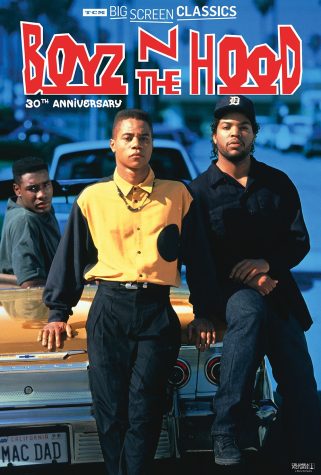 A slightly darker film than the previous two, ‘‘Boyz n The Hood’’ stars Ice Cube, Cuba Gooding Jr., Morris Chestnut, Laurence Fishburne, and others to deliver a compelling drama about the state of the black community (based in the 90s) concerning its urban Southern L.A. setting. The themes of gun violence, gang violence, police inadequacy, and lack of parental guidance are all explored in-depth, leading to the conflicts displayed in the movie and experienced by our main cast. In the discussion of conscious films, ‘‘Boyz N The Hood’’ is usually the most remarkable one in terms of influence due to its widespread acclaim (but there is an arguably better film in terms of artistry, which will be discussed later). This was also the film in which Ice Cube made his cinematic debut, playing the fan-favorite character ‘‘Doughboy’’ (who also turns out to be one of the most tragic), sparking his acting career that dominated the 90s and early 2000s. It is a cult classic that everyone should take the time to view.
A slightly darker film than the previous two, ‘‘Boyz n The Hood’’ stars Ice Cube, Cuba Gooding Jr., Morris Chestnut, Laurence Fishburne, and others to deliver a compelling drama about the state of the black community (based in the 90s) concerning its urban Southern L.A. setting. The themes of gun violence, gang violence, police inadequacy, and lack of parental guidance are all explored in-depth, leading to the conflicts displayed in the movie and experienced by our main cast. In the discussion of conscious films, ‘‘Boyz N The Hood’’ is usually the most remarkable one in terms of influence due to its widespread acclaim (but there is an arguably better film in terms of artistry, which will be discussed later). This was also the film in which Ice Cube made his cinematic debut, playing the fan-favorite character ‘‘Doughboy’’ (who also turns out to be one of the most tragic), sparking his acting career that dominated the 90s and early 2000s. It is a cult classic that everyone should take the time to view.
‘‘Summer of Soul’’
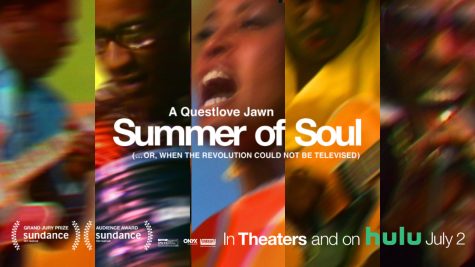 Being the newest film out of these 5, ‘‘Summer of Soul’’ surprisingly fits right in (speaking in terms of outright quality). Directed by ‘‘The Roots’’ drummer Questlove, the film is a documentary about the 1969 Harlem Cultural Festival. The outright empowering aura provided by the event almost makes you forget about the historical circumstances of the time period, as the performances by artists such as Stevie Wonder, Nina Simone, B.B. King, Sly and the Family Stone, and others rival (and surpass to an extent) many of the performances in Woodstock (its white counterpart). In periods of civil unrest and violence (both social and physical), music will always serve to be a mediator, expensive outlet, and peacemaker for all time, which is one of the main driving points of the documentary and also a point many should walk away with, influencing perspectives on conflict.
Being the newest film out of these 5, ‘‘Summer of Soul’’ surprisingly fits right in (speaking in terms of outright quality). Directed by ‘‘The Roots’’ drummer Questlove, the film is a documentary about the 1969 Harlem Cultural Festival. The outright empowering aura provided by the event almost makes you forget about the historical circumstances of the time period, as the performances by artists such as Stevie Wonder, Nina Simone, B.B. King, Sly and the Family Stone, and others rival (and surpass to an extent) many of the performances in Woodstock (its white counterpart). In periods of civil unrest and violence (both social and physical), music will always serve to be a mediator, expensive outlet, and peacemaker for all time, which is one of the main driving points of the documentary and also a point many should walk away with, influencing perspectives on conflict.
‘‘Do the Right Thing’’
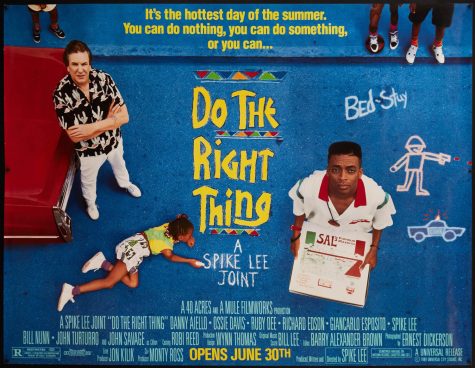 Saving the most influential (and arguably masterful) movie in this list for the end, Spike Lee’s ‘‘Do The Right Thing’’ is the most fitting contender. Starring Spike Lee, John Tuturro, Giancarlo Esposito, Danny Aiello, and other notable actors, the movie most directly addresses the issues of stereotyping and racial differences leading to conflicting attitudes based off unjust opinions. Unlike its counterparts ‘‘Boyz N The Hood’’ or ‘‘Menace 2 Society’’, there is less focus on gun violence in favor of the social hierarchy in Bed-Stuy, Brooklyn. Opposed to what title says, no one really ‘‘does the right thing’’, as the film is completely morally grey due to the embedded stereotypes that most characters already have, allowing Spike Lee to not take a definitive stance in terms of what the characters are doing. As the years go on, this film (scarily enough) continues to stay as relevant as it was when it released in 1989, as one of the main issues of police brutality has recently been highlighted in the 2020s that the film uses as its dark closer to the film, bridging the gap between fictional 80s Bed-Stuy and modern day America, deeming it a truly timeless classic. If you have the time to watch any one film off of this list, it should be this one. It is a movie that everyone in America needs to view, for their own sake.
Saving the most influential (and arguably masterful) movie in this list for the end, Spike Lee’s ‘‘Do The Right Thing’’ is the most fitting contender. Starring Spike Lee, John Tuturro, Giancarlo Esposito, Danny Aiello, and other notable actors, the movie most directly addresses the issues of stereotyping and racial differences leading to conflicting attitudes based off unjust opinions. Unlike its counterparts ‘‘Boyz N The Hood’’ or ‘‘Menace 2 Society’’, there is less focus on gun violence in favor of the social hierarchy in Bed-Stuy, Brooklyn. Opposed to what title says, no one really ‘‘does the right thing’’, as the film is completely morally grey due to the embedded stereotypes that most characters already have, allowing Spike Lee to not take a definitive stance in terms of what the characters are doing. As the years go on, this film (scarily enough) continues to stay as relevant as it was when it released in 1989, as one of the main issues of police brutality has recently been highlighted in the 2020s that the film uses as its dark closer to the film, bridging the gap between fictional 80s Bed-Stuy and modern day America, deeming it a truly timeless classic. If you have the time to watch any one film off of this list, it should be this one. It is a movie that everyone in America needs to view, for their own sake.

